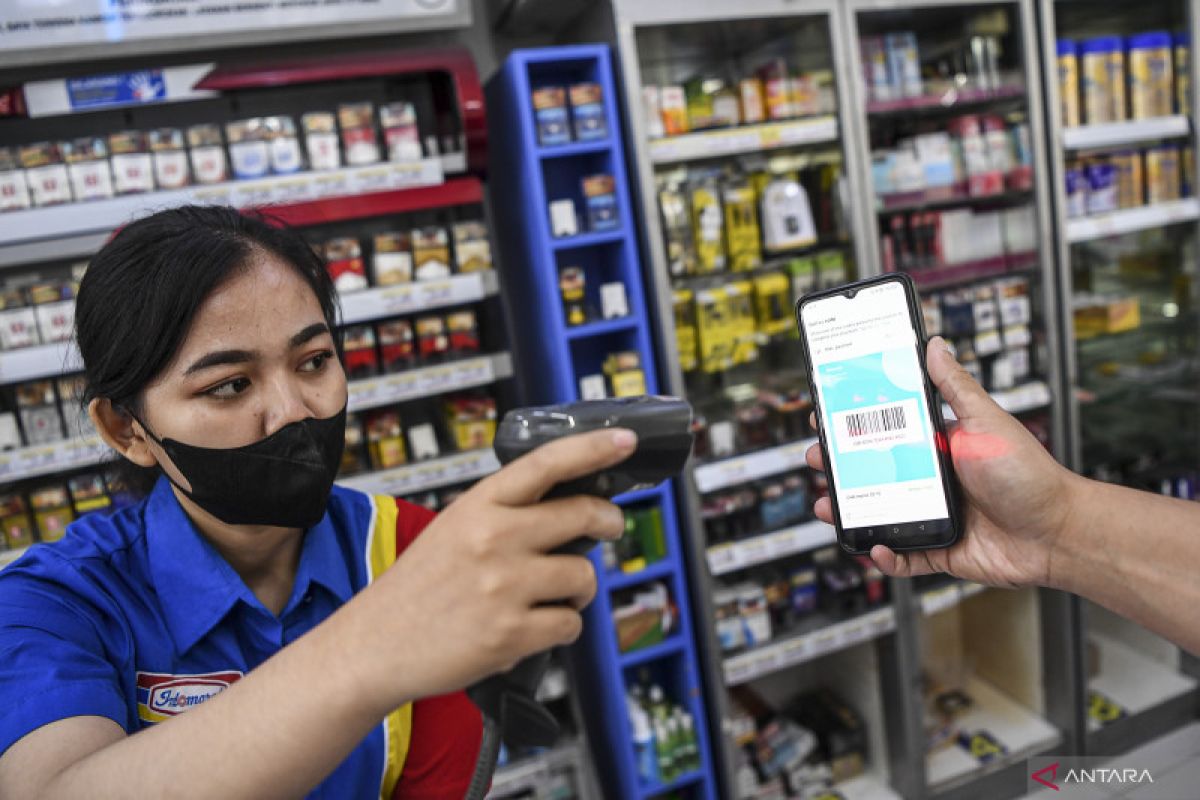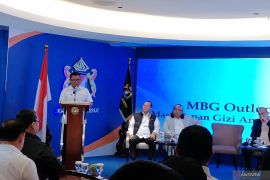Indonesia's digital economy will continue to attract investment because of its strong fundamentals, such as having a large, highly active user base and a dynamic technology start-up ecosystem.Jakarta (ANTARA) - Indonesia remains an attractive place for technology investments, according to the e-Conomy SEA 2022 report.
"Indonesia's digital economy will continue to attract investment because of its strong fundamentals, such as having a large, highly active user base and a dynamic technology start-up ecosystem," said Fock Wai Hoong, the deputy head of technology and consumer and Southeast Asia at Temasek, during an online discussion here on Tuesday.
In 2022, Singapore and Indonesia will be the top two investment destinations in Southeast Asia. Indonesia has attracted 25 percent of the total value of private funding in the region and in the long term, it will remain attractive to investors along with Vietnam and the Philippines.
Digital financial services have replaced the e-commerce sector as the top investment sector by reaching a value of US$1.5 billion in the first half of this year.
Meanwhile, e-commerce is attracting substantial funding from investors as a sector with a high contribution to the digital economy in Indonesia. The e-commerce sector drew 23 percent of the total private investment in the first half of 2022, equivalent to US$800 million.
In Southeast Asia, including Indonesia, more than 80 percent of venture capitalists (VCs) want to focus more on new sectors such as health technology (healthtech), software as a service (SaaS), and Web 3.0, while the education technology sector (edutech) has experienced a post-pandemic decline following the reopening of schools.
During the online discussion, partner and head of digital practice in Southeast Asia, Bain and Company, Aadarsh Baijal, said that Indonesia's digital economy remains the largest and most diverse out of all Southeast Asian nations.
Digital service providers must keep pace with strong consumer demand through meaningful engagement with different user demographics, which can encourage more active participation in the Internet economy, he added.
"The key to maintaining this positive momentum is to drive the acceleration of Small and Medium Enterprises (SMEs) towards the next growth, particularly by deepening the digital adoption of SMEs across SaaS and financial tools," Baijal said.
The e-Conomy SEA report is a multi-annual report that combines data from Google Trends and Temasek, analysis from Bain & Company, and information from various industry sources and interviews with experts to track the digital economy of six Southeast Asian countries—Indonesia, Vietnam, Malaysia, Thailand, Singapore, and the Philippines.
Translator: Aji Cakti, Katriana
Editor: Fardah Assegaf
Copyright © ANTARA 2022












